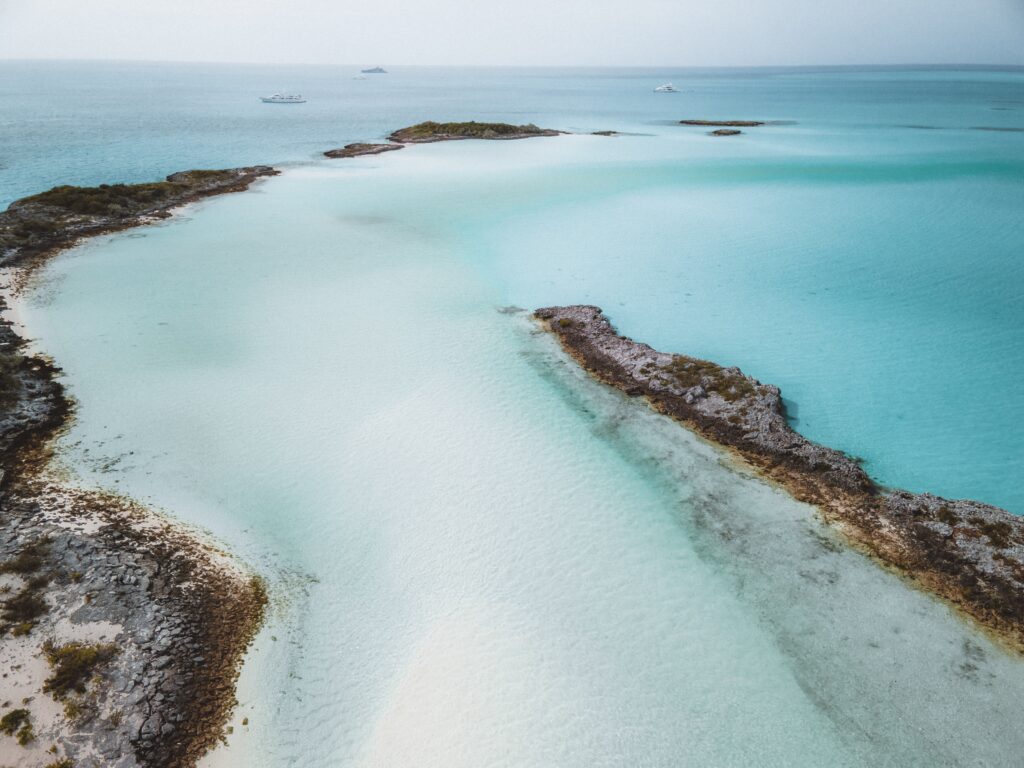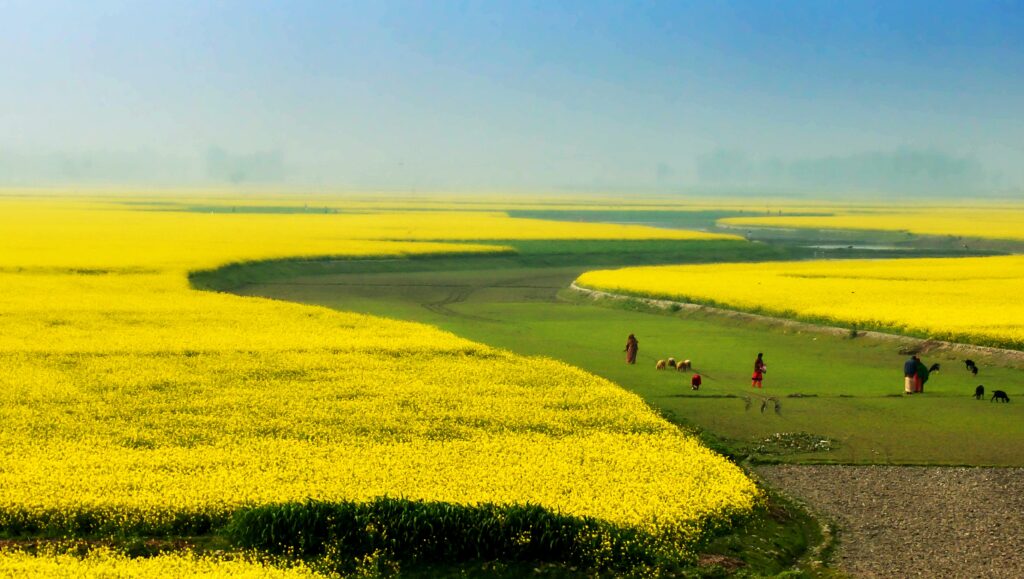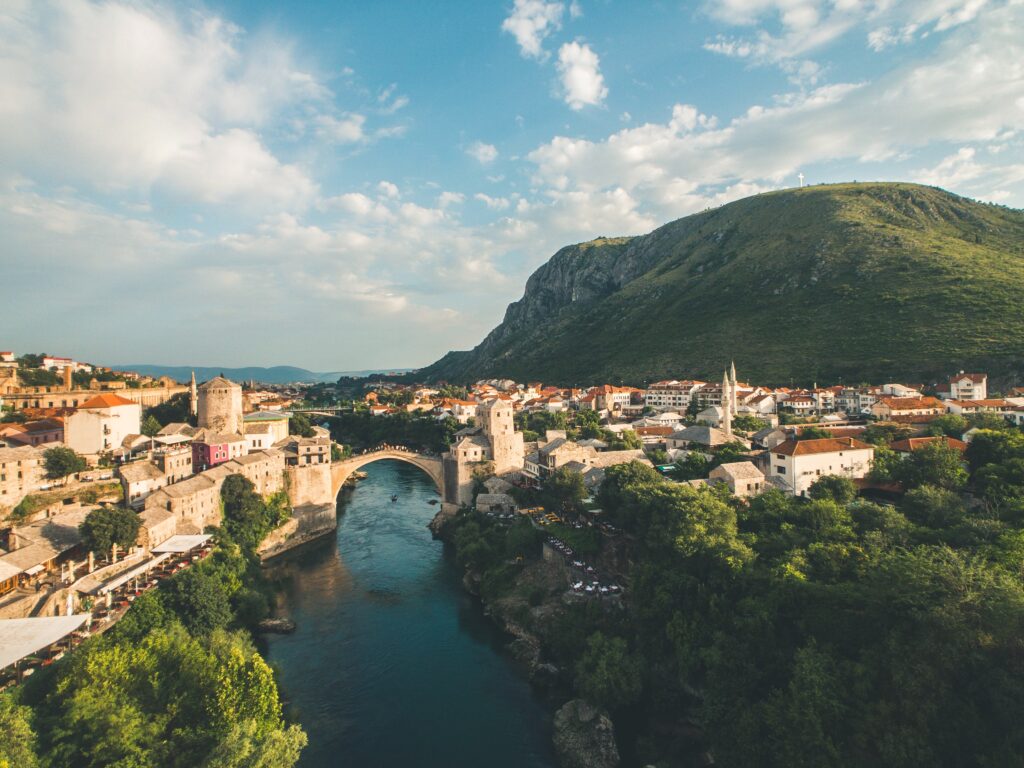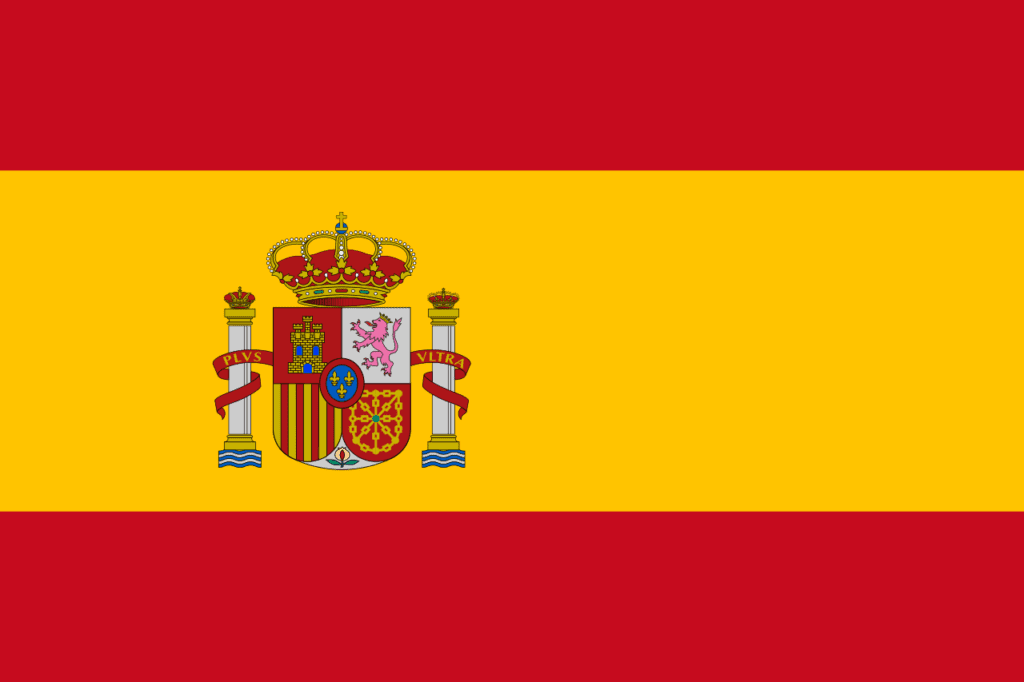

Spain
SPI: 75.07
Species Protection Index Average: 42
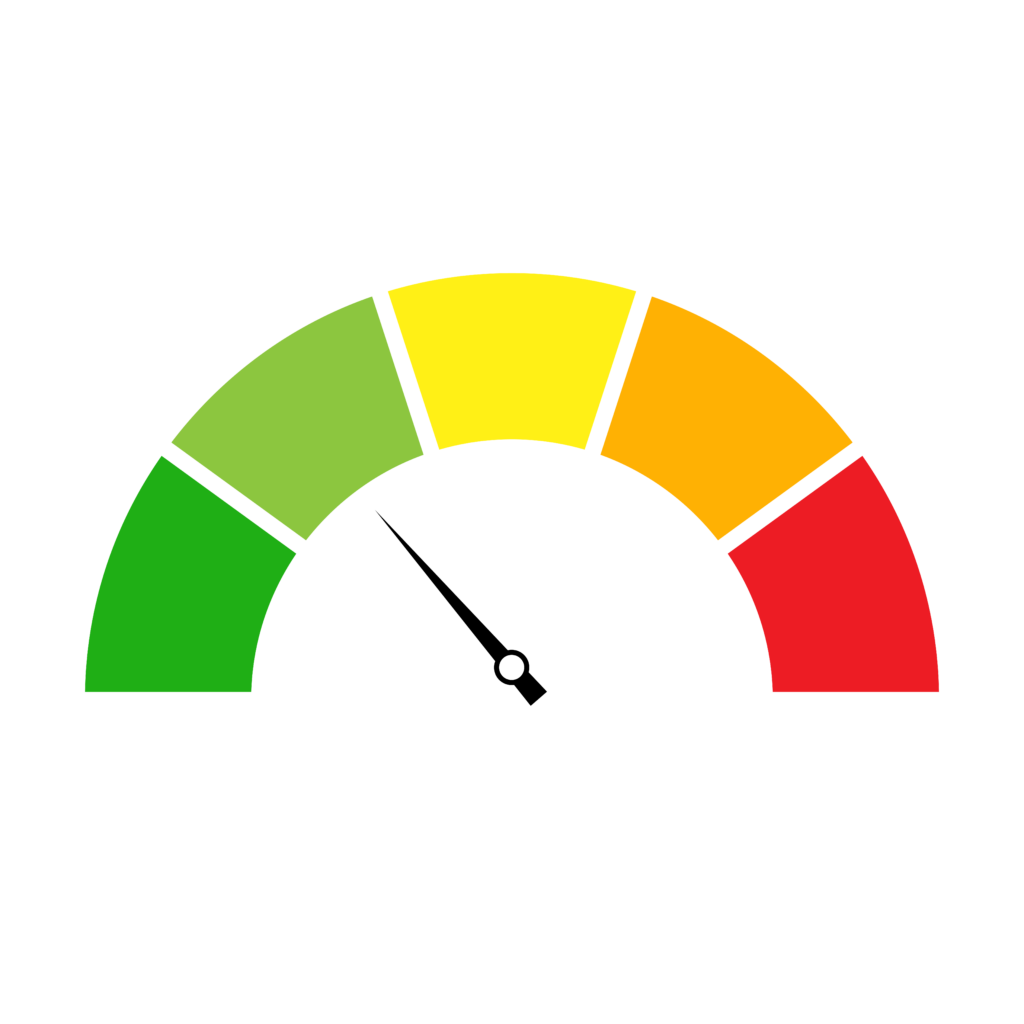

National Report Card: Spain
Spain composes the majority of the Iberian Peninsula in Southwestern Europe. Its coasts border the North Atlantic Ocean and Mediterranean Sea. Most of Spain’s terrain is a flat plateau circled by hills, and the Pyrenees Mountains rise in the country’s north. Most of the country is used for human activities, in its majority by rainfed agriculture.
Spain has high biodiversity rarity of terrestrial land vertebrates at a global scale. When analysed as single taxons, the rarity of amphibians, birds, mammals and reptiles is also high. The rarity of marine fish and mammals is also high. Challenges to biodiversity include pollution in the Mediterranean Sea; drought; poor water quality and water insecurity; air pollution; deforestation; and desertification.
37%
of land currently protected
436
total land vertebrate species
34
endemic land vertebrate species
Species of significant conservation interest
Black Stork
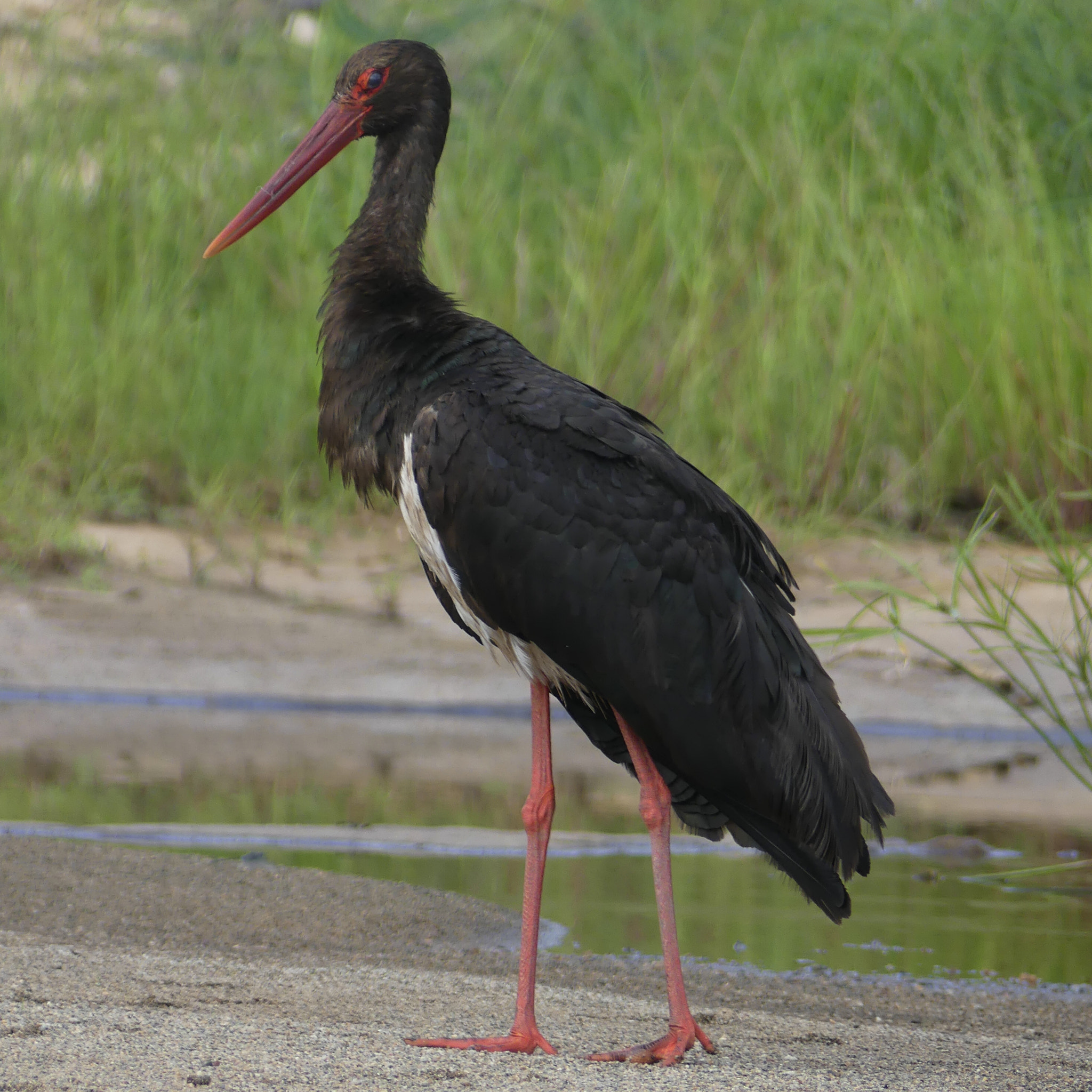

32
amphibians / 4 endemic
204
birds / 2 endemic
116
mammals / 4 endemic
84
reptiles / 24 endemic
Information on this page was sourced from the CIA World Factbook and the Half-Earth Project Map.

